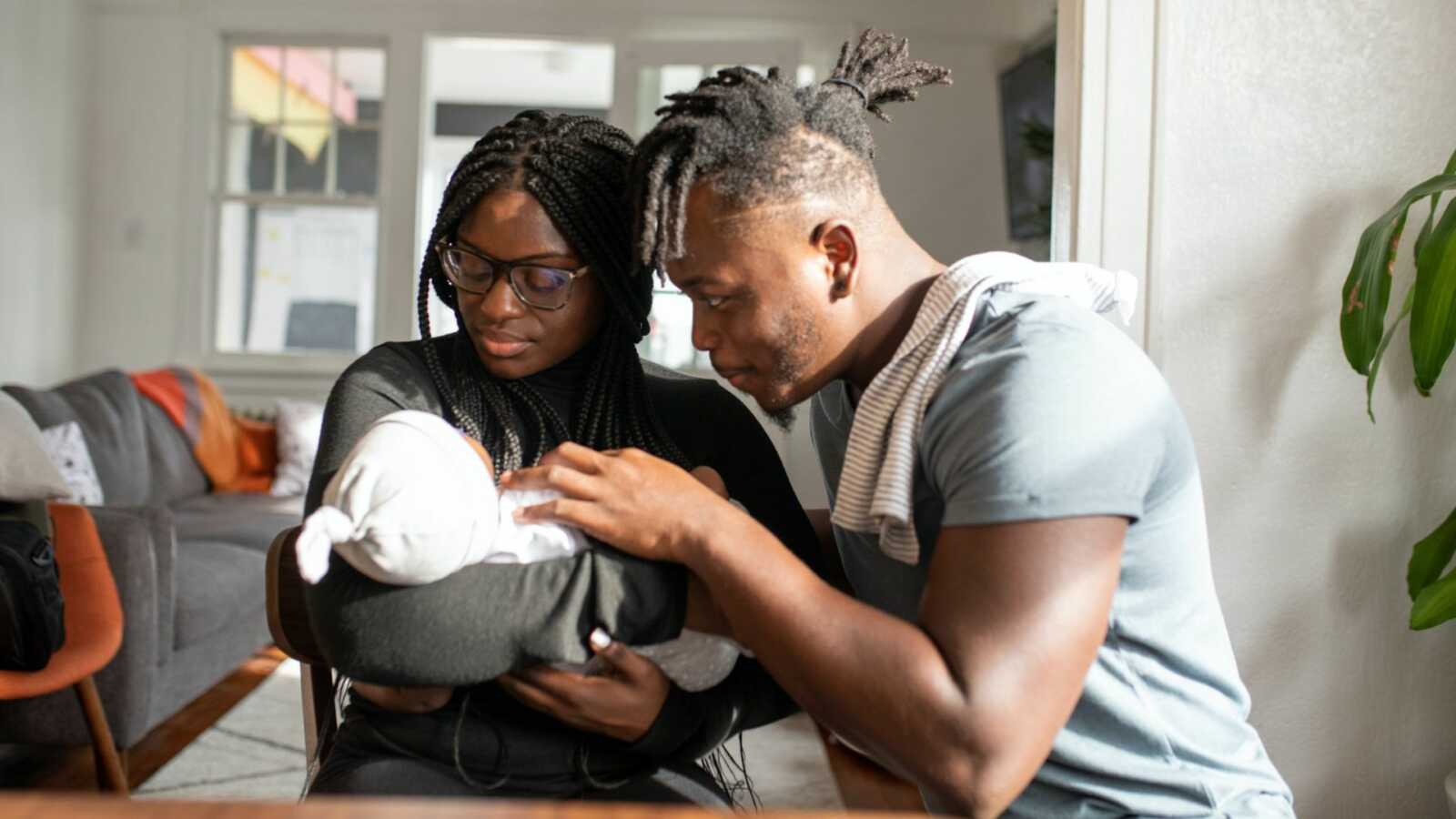Having a loved one suffer from postpartum depression can be an incredibly difficult situation. It’s natural to feel overwhelmed or confused about how to support a mom with postpartum depression. With the right knowledge and resources, you can be an invaluable source of support and comfort.
Understanding Postpartum Depression
Welcoming a new life into the world is supposed to be one of the most joyous moments of life. But some new moms feel overwhelmed with stress. A form of depression, postpartum depression (PPD) is a mental health condition that affects many new mothers. Moms with PPD experience feelings of sadness, anxiety, and exhaustion that can hinder their ability to function.
While some of the symptoms of PPD overlap with those of baby blues, the two are very different. Baby blues are common and often go away within a week or two after childbirth. PPD, on the other hand, can last for months or even years if not properly treated. It’s important to recognize the signs of PPD so you can offer support to your loved one.
Symptoms To Look Out For In New Moms
Postpartum depression affects every mother differently. Some mothers may experience all of the symptoms, while others may only experience a few. Understanding the range of symptoms can help you recognize when your loved one may need extra support.
Signs and symptoms of postpartum depression include:
- Depressed mood or severe mood swings
- Difficulty bonding with the baby
- Severe anxiety or panic attacks
- Thoughts of harming oneself or the baby
- Excessive crying
- Lack of appetite
- Fatigue and loss of energy
- Persistent feelings of sadness, hopelessness, or emptiness
- Loss of interest in once enjoyable activities
- Insomnia or excessive sleeping
- Changes in appetite or weight
- Feelings of worthlessness or guilt
- Difficulty concentrating or making decisions
If you notice any of these symptoms in your loved one, it’s important to take action and provide support. Remember that postpartum depression is a treatable medical condition. By providing understanding, you can help them feel empowered and supported as they seek help.

How To Support A Mom With Postpartum Depression
Watching someone you love struggle with postpartum depression can be a challenging and emotional experience. Remember that postpartum depression is not a personal failure or weakness but rather a medical condition that requires support and understanding. As a friend or family member of someone with postpartum depression, there are a few ways you can support them.
1. Listen without judgment
One of the best things you can do is simply listen without offering unsolicited advice or criticism. Let your loved one know that you are there to support them and that they can talk to you about anything, without fear of judgment.
2. Help with everyday tasks
Postpartum depression can make even the simplest tasks seem overwhelming. Offer to help with tasks like cooking, cleaning, or grocery shopping. Offer to watch the baby for a few hours so mom can take a break. They may even require help with basic hygiene tasks like taking a shower.
3. Encourage self-care
Self-care is critical for people with postpartum depression, but it can be hard for them to prioritize themselves. Encourage your loved one to take time for themselves, whether that means taking a relaxing bath, going for a walk, or getting a massage.
4. Educate yourself
Educate yourself about postpartum depression so you can better understand what your loved one is going through. Learn about the symptoms, treatment options, and how to best support someone with this condition.
5. Be patient
Recovery from postpartum depression can take time, and it’s important to be patient and understanding. Your loved one may not feel like themselves for a while, and that’s okay. Continue to offer your support and encouragement, and celebrate even the smallest steps forward.
Finding Professional Help And Resources
If you suspect that a loved one is experiencing postpartum depression, it’s crucial to encourage them to seek professional postpartum depression support. Professional help can provide them with the necessary resources to manage their symptoms and help them recover from this condition. Here are some options to consider.
- Talk to their healthcare provider. Start by encouraging your loved one to speak to their doctor or their baby’s pediatrician. They can offer a depression screening, and diagnosis and suggest treatment for postpartum, including therapy and medication.
- Look for a support group. There are plenty of postpartum support groups available in most cities. You can search online to find groups in your area or ask a healthcare provider for recommendations.
- Reach out to a mental health professional. Licensed mental health professionals receive training to treat postpartum depression. They can provide individual or group therapy sessions that can help your loved one cope with their condition and offer practical advice.
- Online resources. The internet is a great place to find support groups and resources for postpartum depression. Look for online forums, social media groups, and websites that offer information about this condition. These can be useful for finding other moms who are going through the same thing.
Whatever path you take, remind your loved one that seeking postpartum depression support is not a sign of weakness. It’s a necessary step towards their recovery and a way to get back to feeling like themselves. With the right support and resources, postpartum depression can be effectively treated, and your loved one can begin to heal.
This article was written exclusively for Love What Matters by Kate Fann. Be sure to subscribe to our free email newsletter for our best stories.
Read more stories like this:
An Open Letter To The Mom Currently Drowning In The Depths Of Postpartum Depression
Moms Share Moment They Knew They Had Postpartum Depression And Needed Help
Do you know someone who could benefit from reading this? SHARE this story on social media with family and friends.


